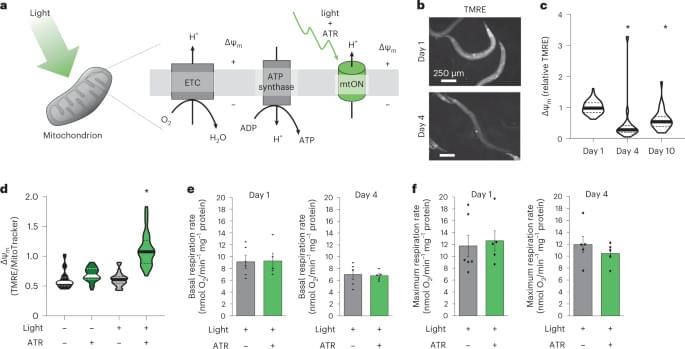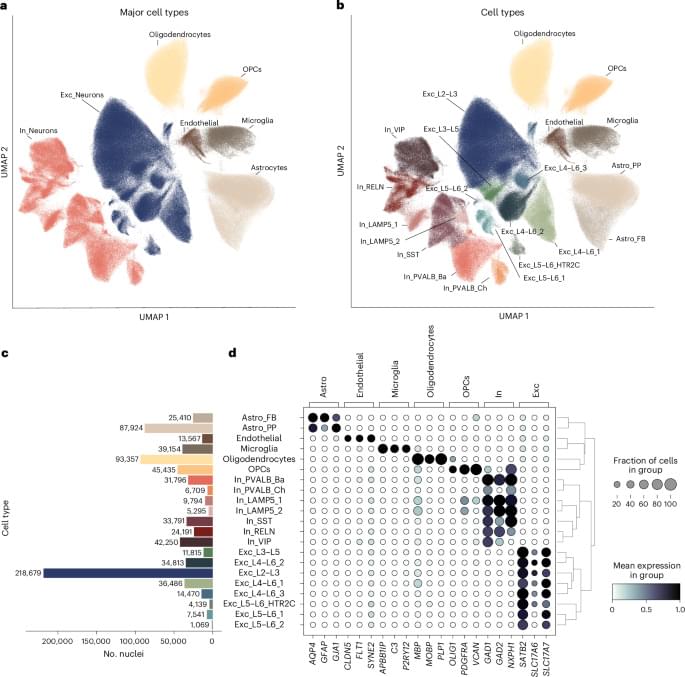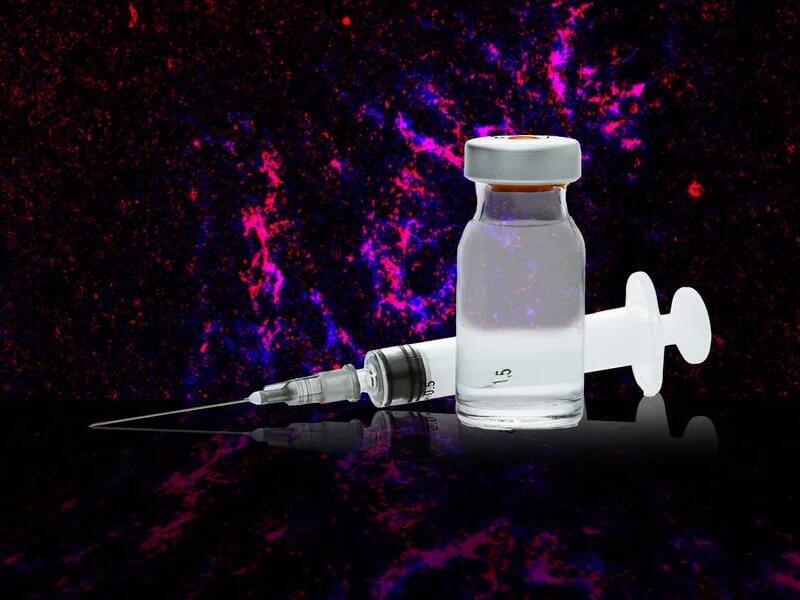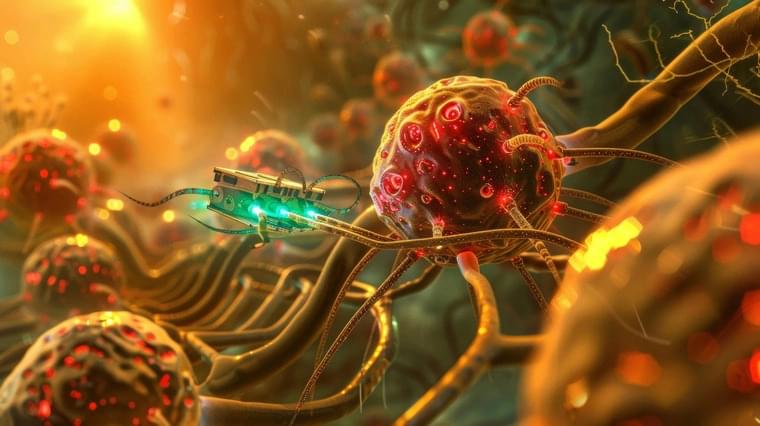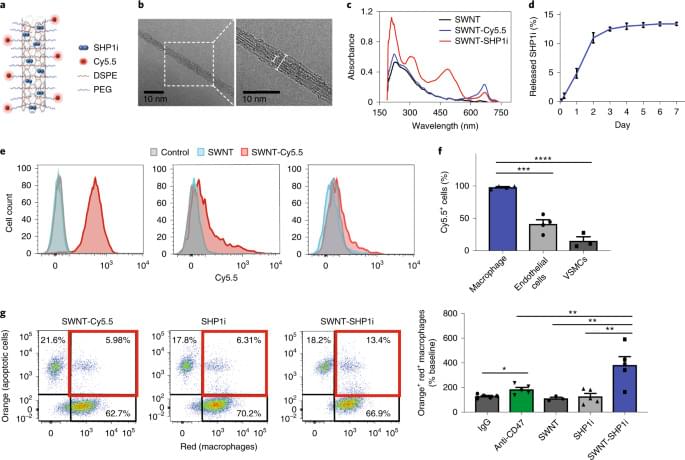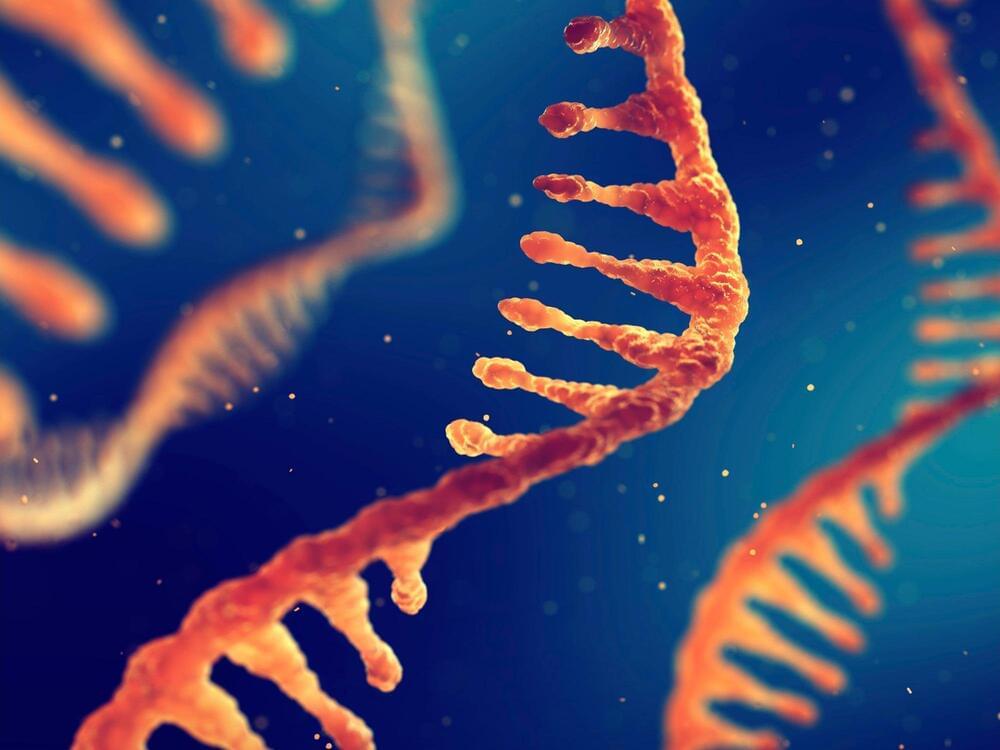Year 2022 Solar powered mitochondria could enable humans to use light to recharge their mitochondria and extend life also their bodies would be recharged by fuel from the sun.
Using light to optogenetically power mitochondria, this study shows that opposing the age-related decline in mitochondrial membrane potential leads to increased healthspan and lifespan in Caenorhabditis elegans. This result points to mitochondrial charge as a fundamental regulator of biological aging.
